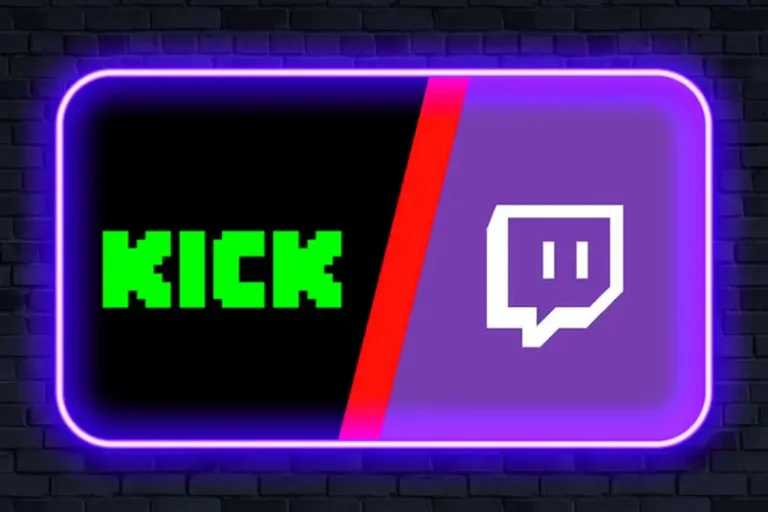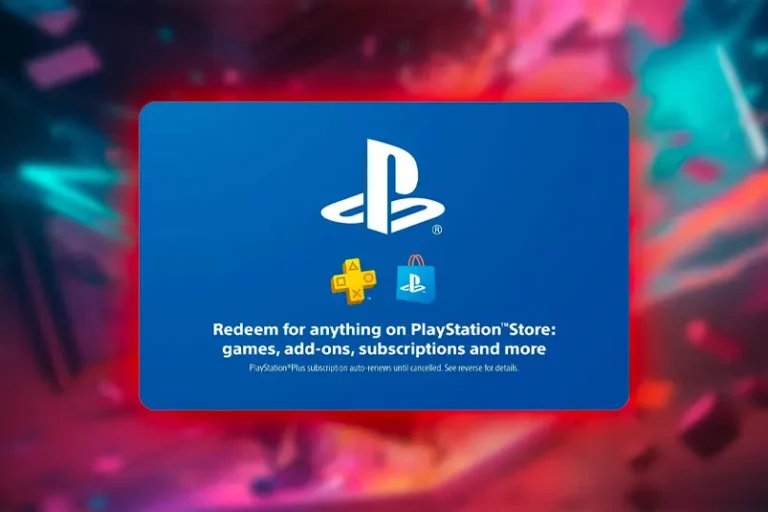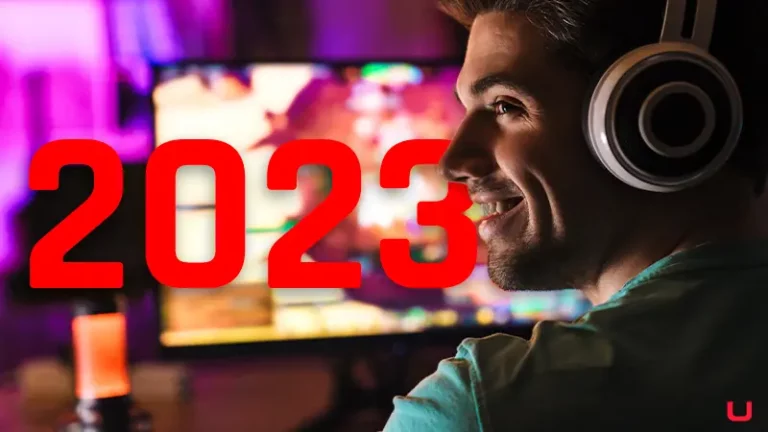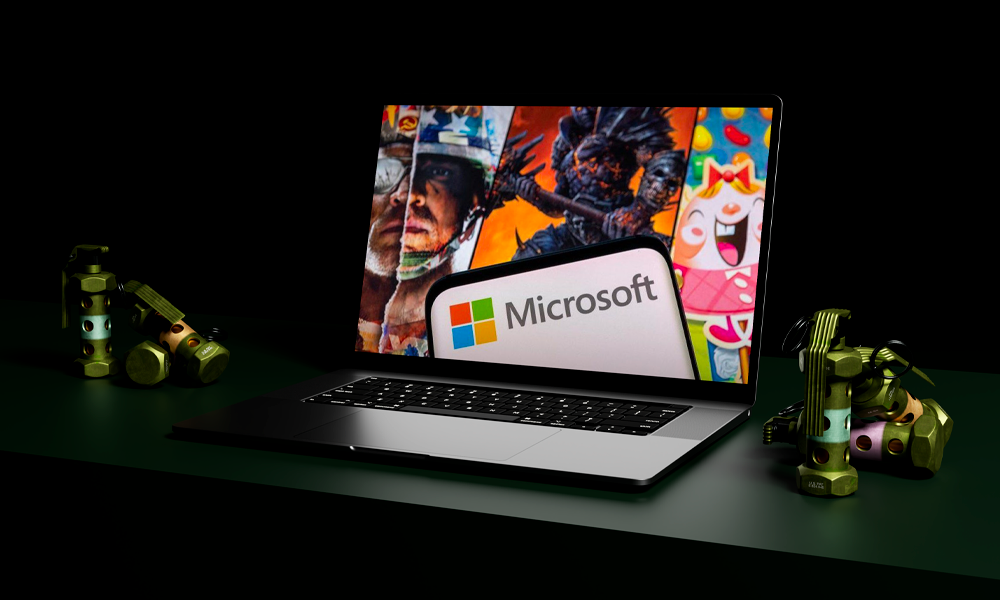

Share this content!
Share this content!
Table of contents
California judge Jacqueline Scott Corley ruled in favor of Microsoft, allowing their merger with Activision Blizzard to proceed. The decision followed five days of intense Microsoft and the Federal Trade Commission (FTC) testimony.
Despite an ongoing antitrust case, Judge Corley denied the FTC’s request for a preliminary injunction. She recognized the monumental nature of the Microsoft-Activision Blizzard acquisition. However, the judge found that the FTC failed to prove that the merger would significantly reduce competition in the industry.
This ruling paves the way for Microsoft to move forward with the merger, marking a pivotal moment in the legal battle.
Judge Corley’s Decision Upholds Microsoft’s Commitments to Console Platforms
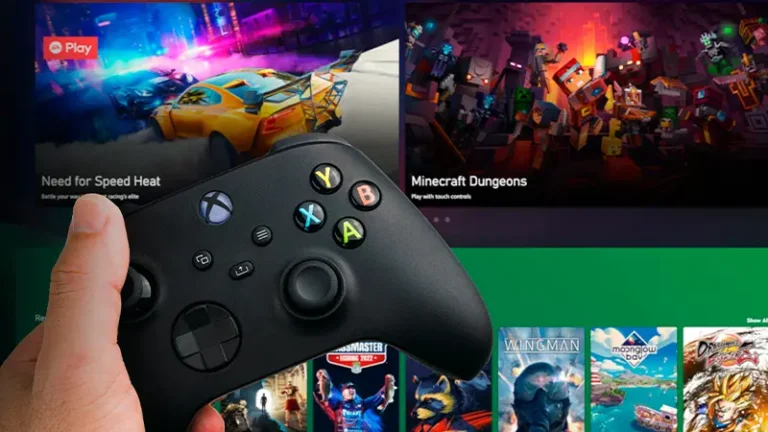
Judge Corley’s ruling in favor of Microsoft’s acquisition of Activision Blizzard. This decision emphasizes Microsoft’s commitment to keeping Call of Duty on PlayStation and expanding it to the Nintendo Switch. This supports consumer access and healthy competition.
The FTC challenged Microsoft’s cloud agreements. Of course, Judge Corley considered them when making her decision. The ruling acknowledges the FTC’s claim about the console market excluding PCs. However, it also agrees with Microsoft’s perspective on the Nintendo Switch’s inclusion in the console market. This nuanced approach considers multiple factors at play in the gaming industry.
Microsoft’s and Blizzard’s Response
Microsoft President, Brad Smith, expressed gratitude for the court’s swift and thorough decision. He emphasized the presented evidence, showing the benefits of the Activision Blizzard deal for the gaming industry.
Xbox Head also reacted positively. Also, he highlighted that the FTC’s claims about console switching, multi-game subscription services, and cloud do not align with the realities of the gaming market.
Meanwhile, Activision Blizzard’s CEO, Bobby Kotick, expressed optimism about the merger. He emphasizes that it will benefit both consumers and workers. The company sees the deal as an opportunity to foster competition within the rapidly growing gaming industry.
FTC’s Future Plans and Next Steps
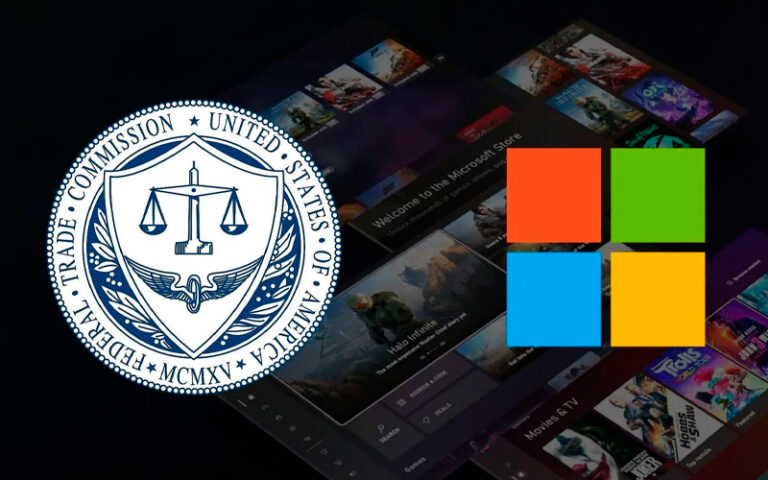
While disappointed with the outcome, the FTC remains committed to preserving competition and protecting consumers. FTC spokesperson announced that the commission will announce its next move in the coming days.
So we need to wait to know more about it. But, we could assume that the FTC is determined to continue its fight against the merger.
Debating the Pros and Cons of Tech Mergers in the Gaming

Pros:
- Enhanced Resource Pool: Tech mergers bring together both companies’ resources, expertise, and technological capabilities. It allows more significant innovation and development in the gaming space. Microsoft’s acquisition of Activision Blizzard provides access to a vast portfolio of popular gaming franchises and intellectual properties.
- Expanded Market Reach: Mergers enable companies to get into new markets and reach a broader audience. In this case, Microsoft’s acquisition allows for the cross-platform availability of Activision Blizzard’s games, providing gamers with more options and potentially expanding the player base.
- Technological Advancements: Combining technical prowess can lead to advancements in gaming experiences. Microsoft’s cloud computing and infrastructure expertise can be fantastic for enhancing Activision Blizzard’s game streaming and cloud gaming.
- Synergies and Collaboration: By bringing together Microsoft’s and Activision Blizzard’s talented individuals, there is potential for new and exciting collaborations.
Cons:
- Reduced Competition: Mergers can lead to a reduction in competition within the gaming industry. This action may limit choices for consumers and potentially stifle competition and innovation in the long run.
- Monopoly Concerns: This can lead to limited options for gamers, fewer opportunities for smaller developers, and higher barriers to entry for new competitors.
- Integration Challenges: Merging two companies with different organizational cultures, processes, and systems can pose integration challenges. Those challenges could affect the quality of new video games.
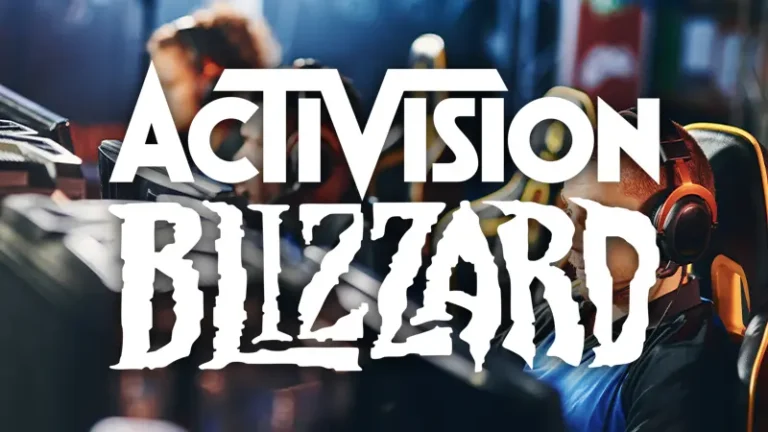
These pros and cons provide us with a comprehensive understanding of the potential impact on the industry. Now, we want to hear from you! What do you think about it?
And remember to follow us on social media to stay informed and up-to-date with the latest gaming news.



